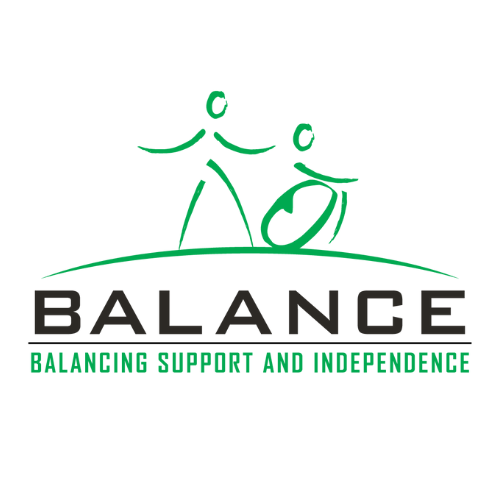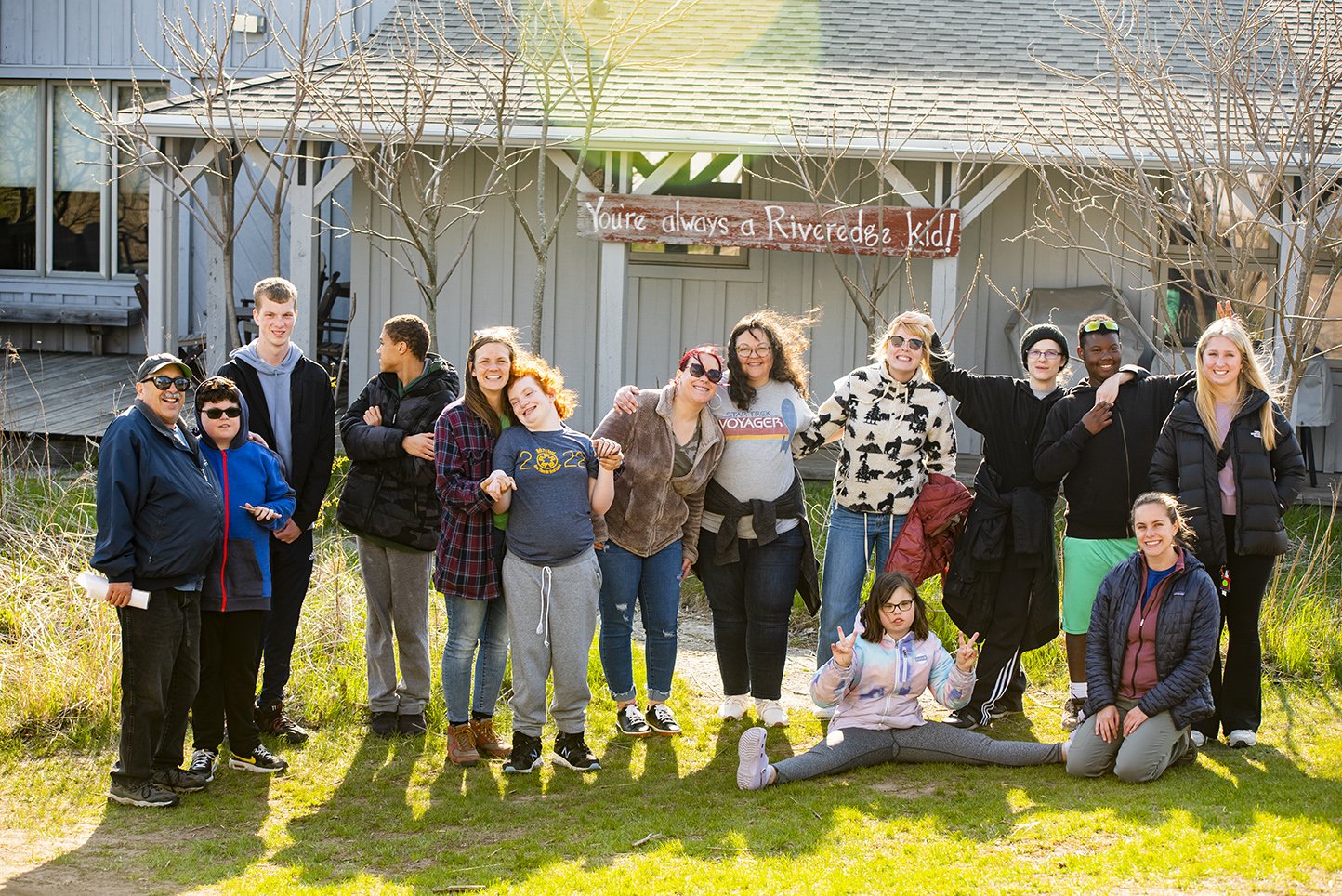Social Skills Class
Ages 5 - 17
Balance’s Social Skills Program provides a relationship-centered program for children and youth with intellectual and developmental disabilities (IDD).
This program focuses on each individual’s social development and growth. Through various activities and community experiences, children are encouraged to grow through peer-to-peer interactions, volunteer mentorship, community connections, and supportive relationships with staff.
We strive to teach children foundational tools of self-efficacy; enabling them to become an integral part of determining their direction in life.
Activities and experiences include but are not limited to dance classes, music experiences, animal encounters, art projects, and community outings.
Participants in this program are paired 1:1 or 1:2, allowing them to have appropriate support, while they develop independence.
The Social Skills Program currently runs with the school calendar, offering 14-week sessions for both the spring and fall semesters.
Tuesday evenings run from 4:00—6:00 pm for children 5 through 12
Thursday evenings run from 3:45—5:45 pm for children 13 through 17
“In the United States, about 1 in 6 children have a developmental disability. Developmental disabilities are a diverse group of severe chronic conditions that are due to mental and/or physical impairments.” - Source: https://www.cdc.gov/environmental-health-tracking/php/data-research/developmental-disabilities.html
Contact
Director of Programs
Alyse Sandow
Office: 262-268-6811
Email: information@balanceinc.org
Assistant Director of Programs
Shannon McCann
Office: 262-268-6811
Email: information@balanceinc.org
Balance’s Vision for Children:
All children with developmental and intellectual disabilities (IDD) will be supported in their individual growth toward a self-determined future.
Children will have the opportunities to grow in self-exploration and awareness through hands-on activities that challenge each individual to grow in a safe and supportive environment.
Children will benefit from meaningful connections with staff, community mentors, and volunteers.
Children will create friendships with children that have differing abilities through mutually supportive relationships
This program is funded in part by a generous grant from United Way of Northern Ozaukee.






